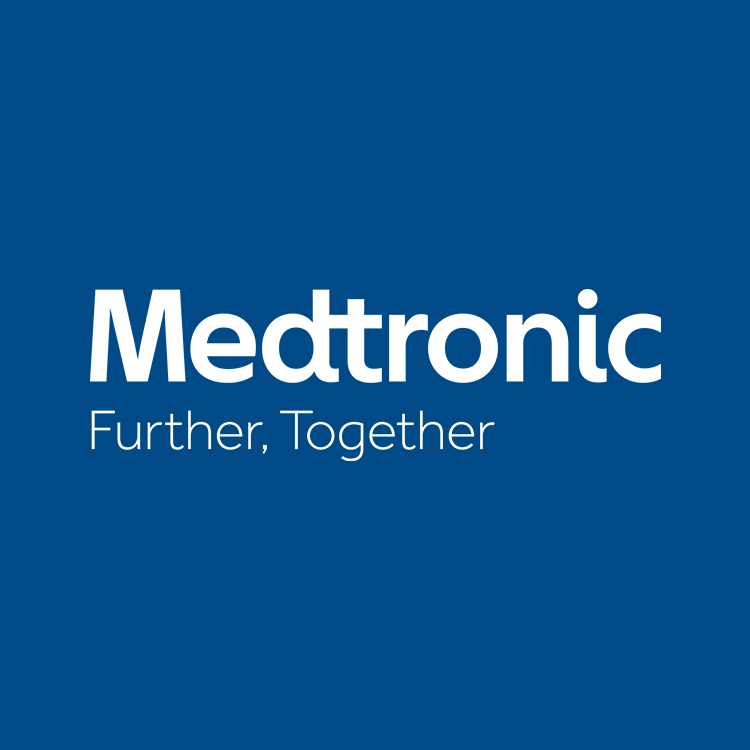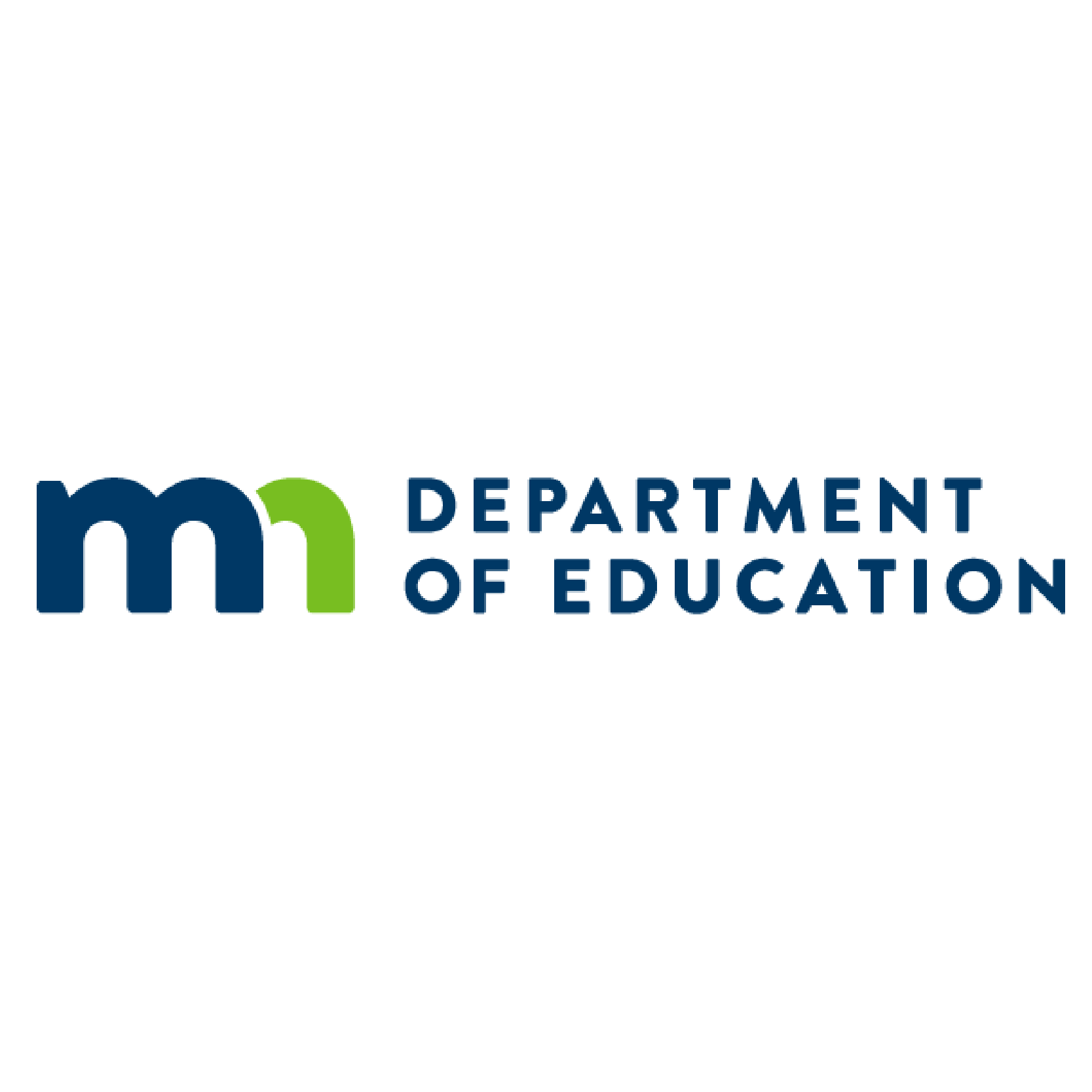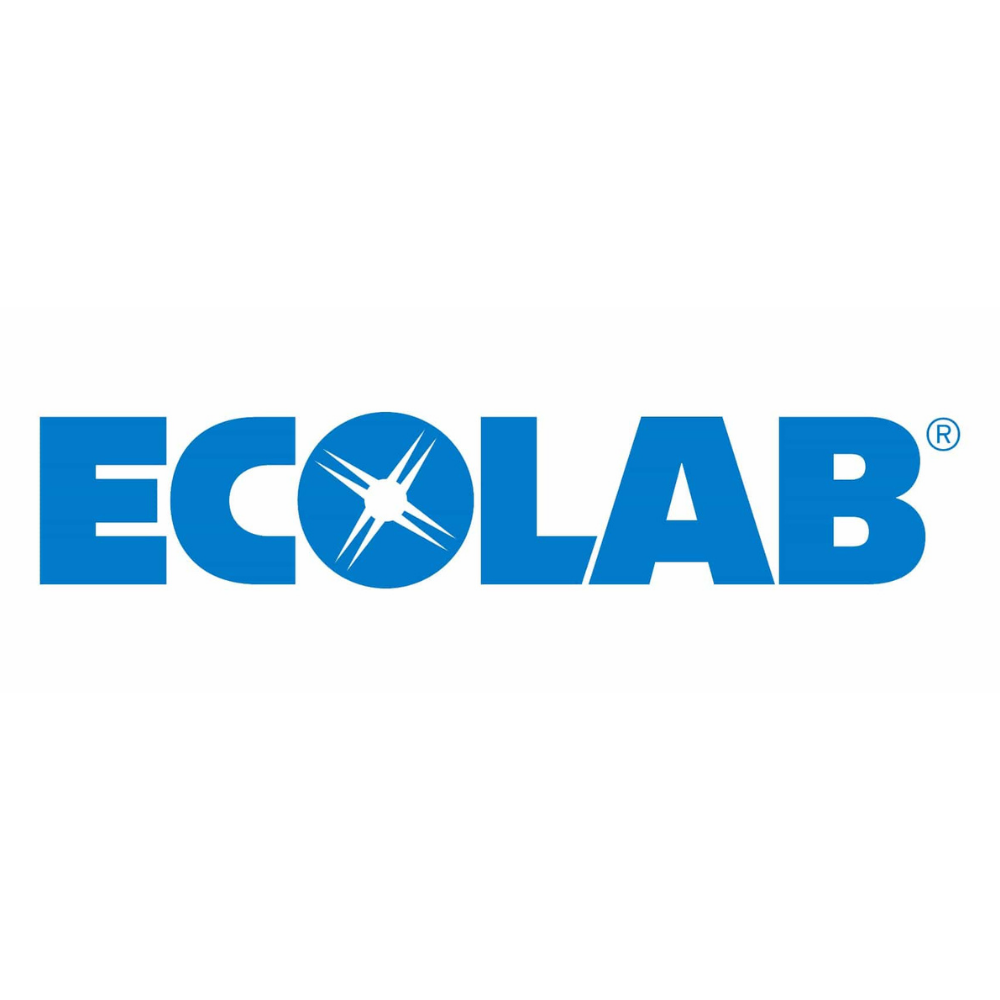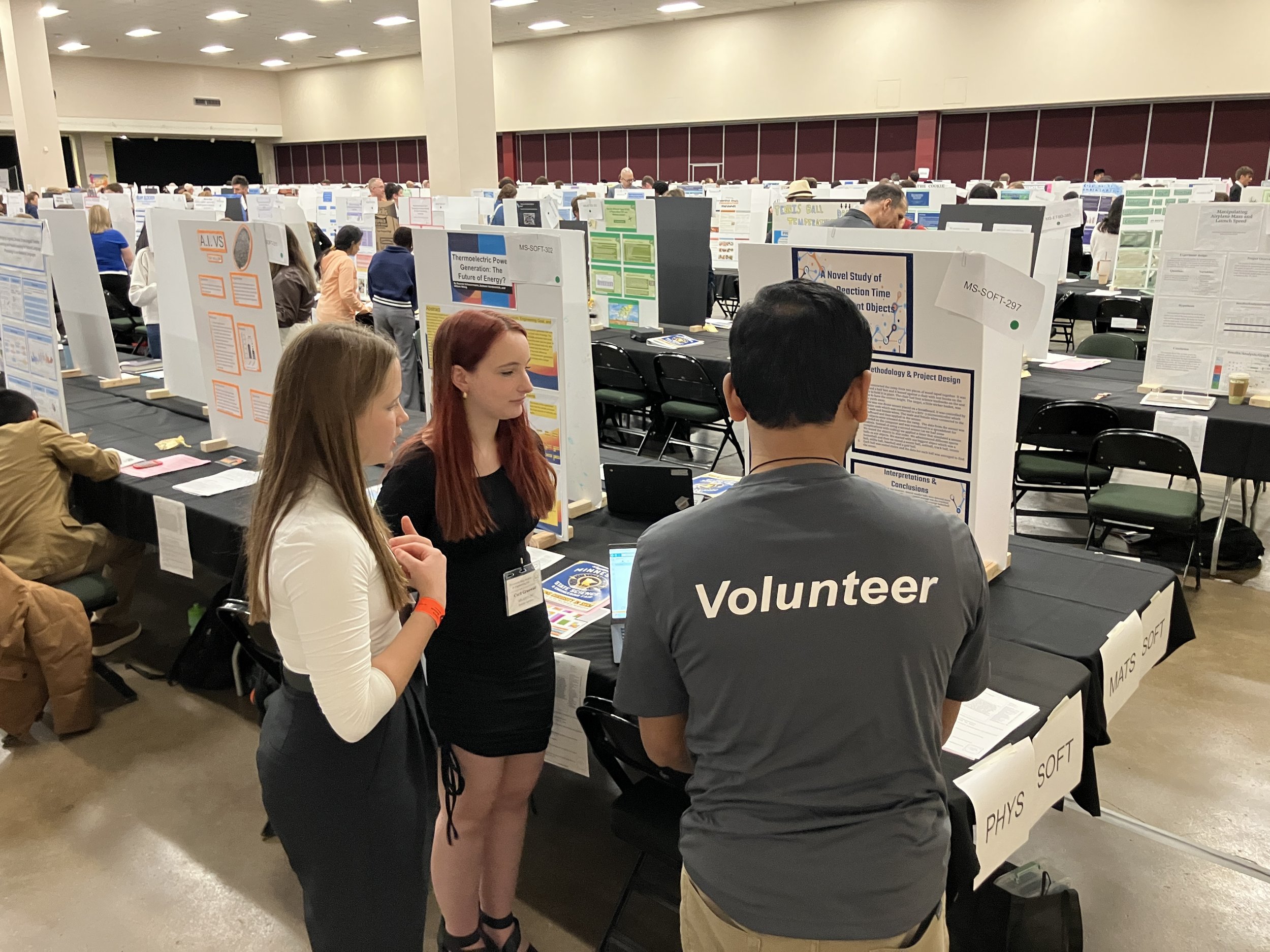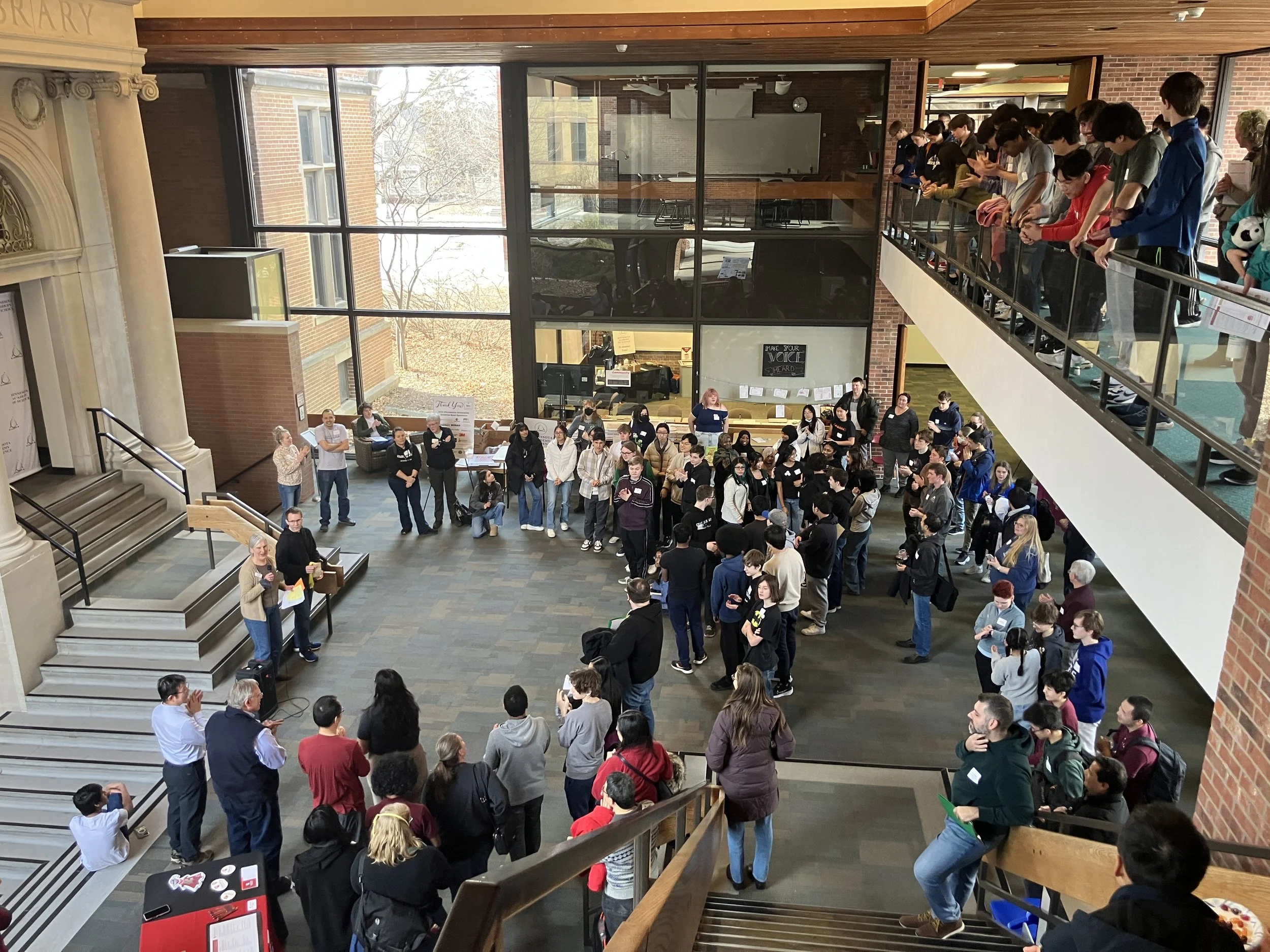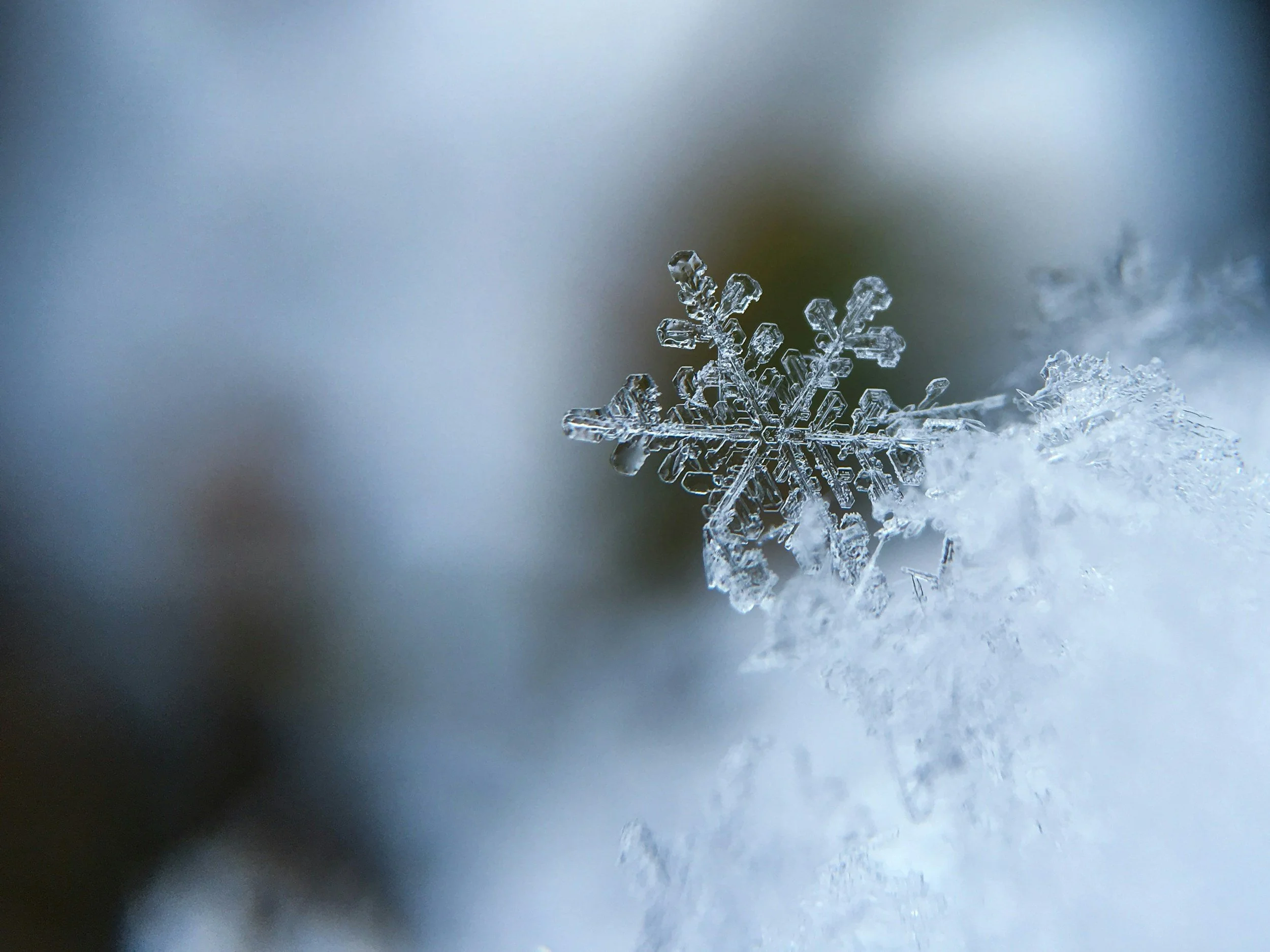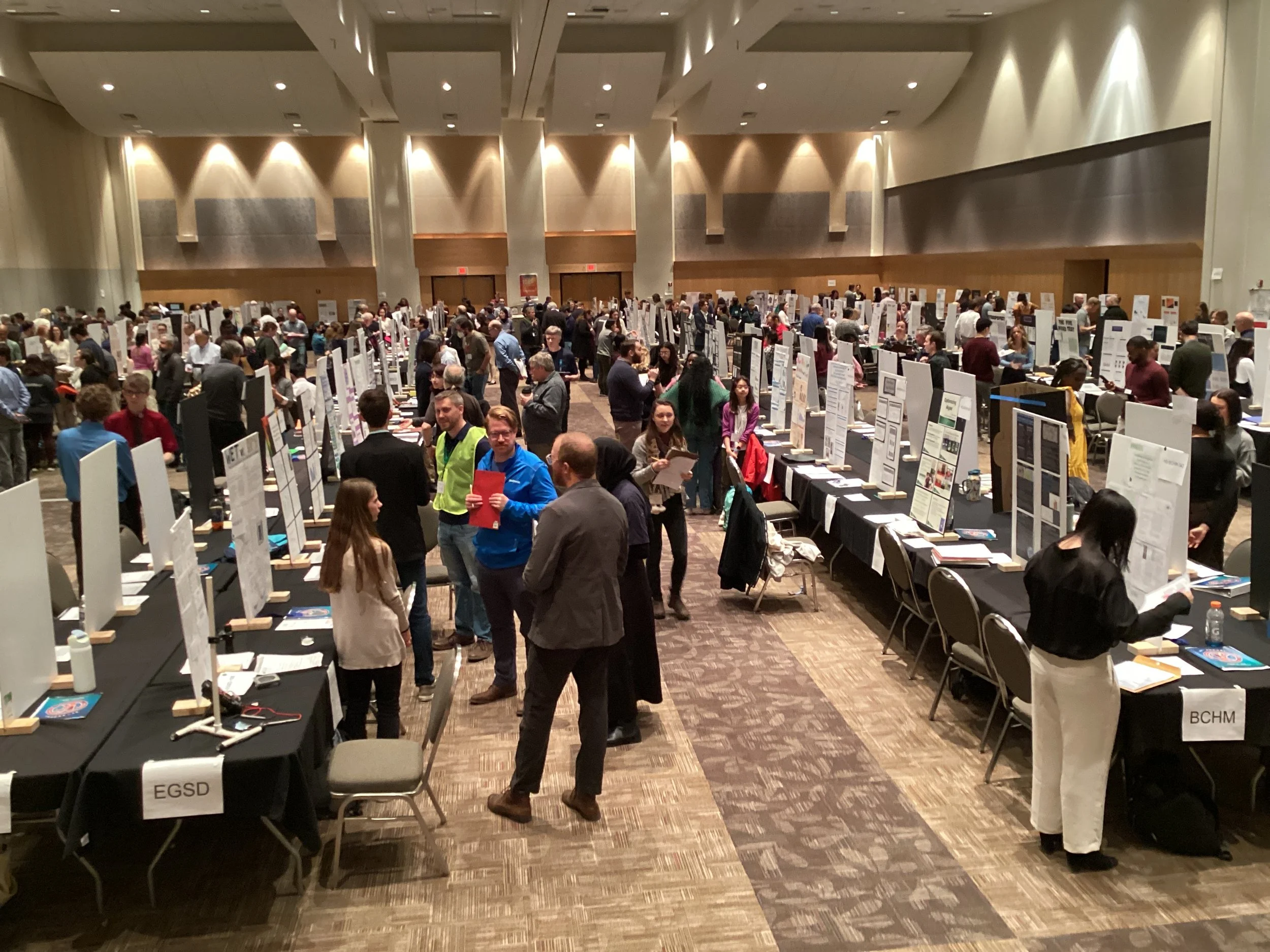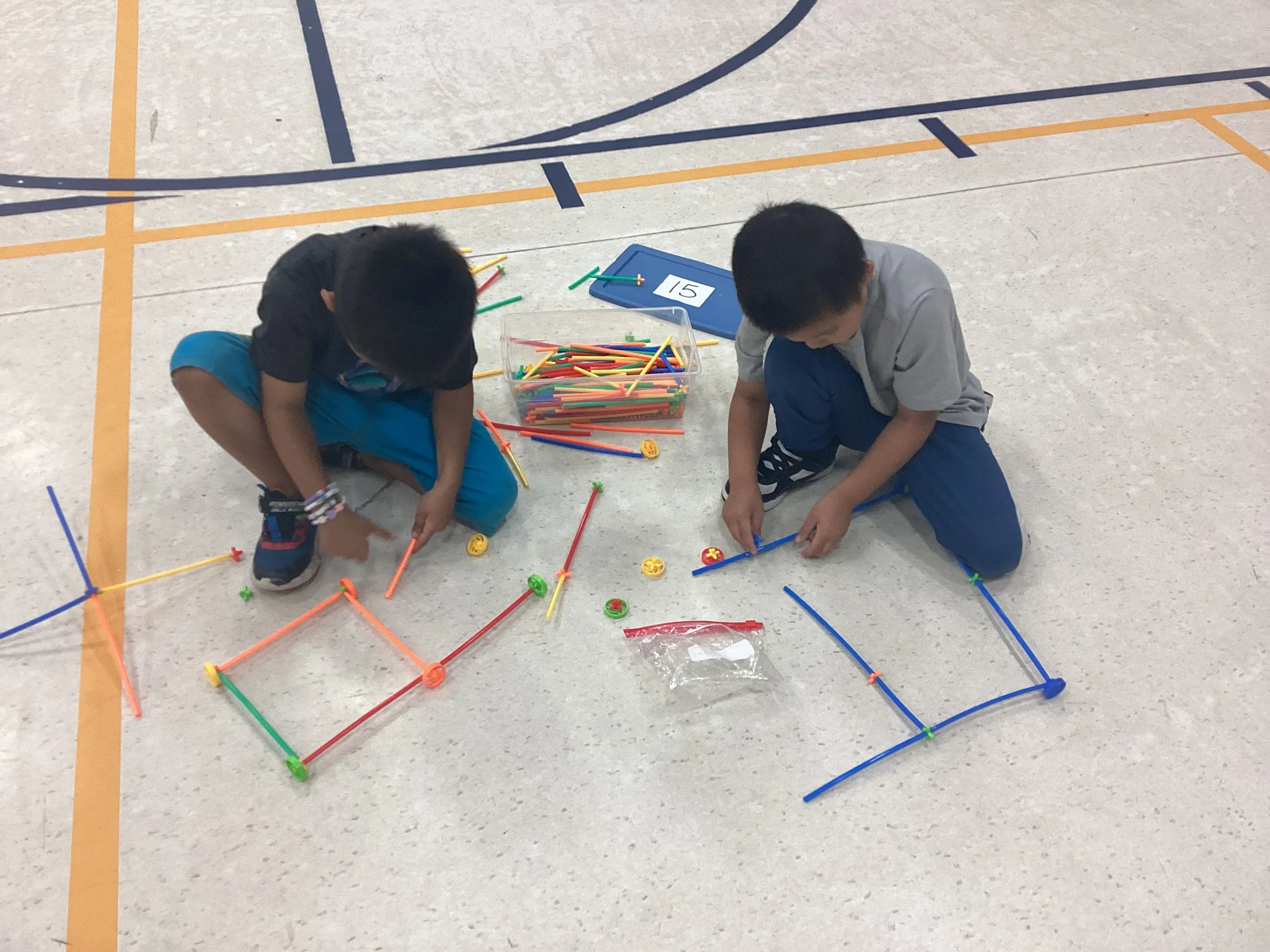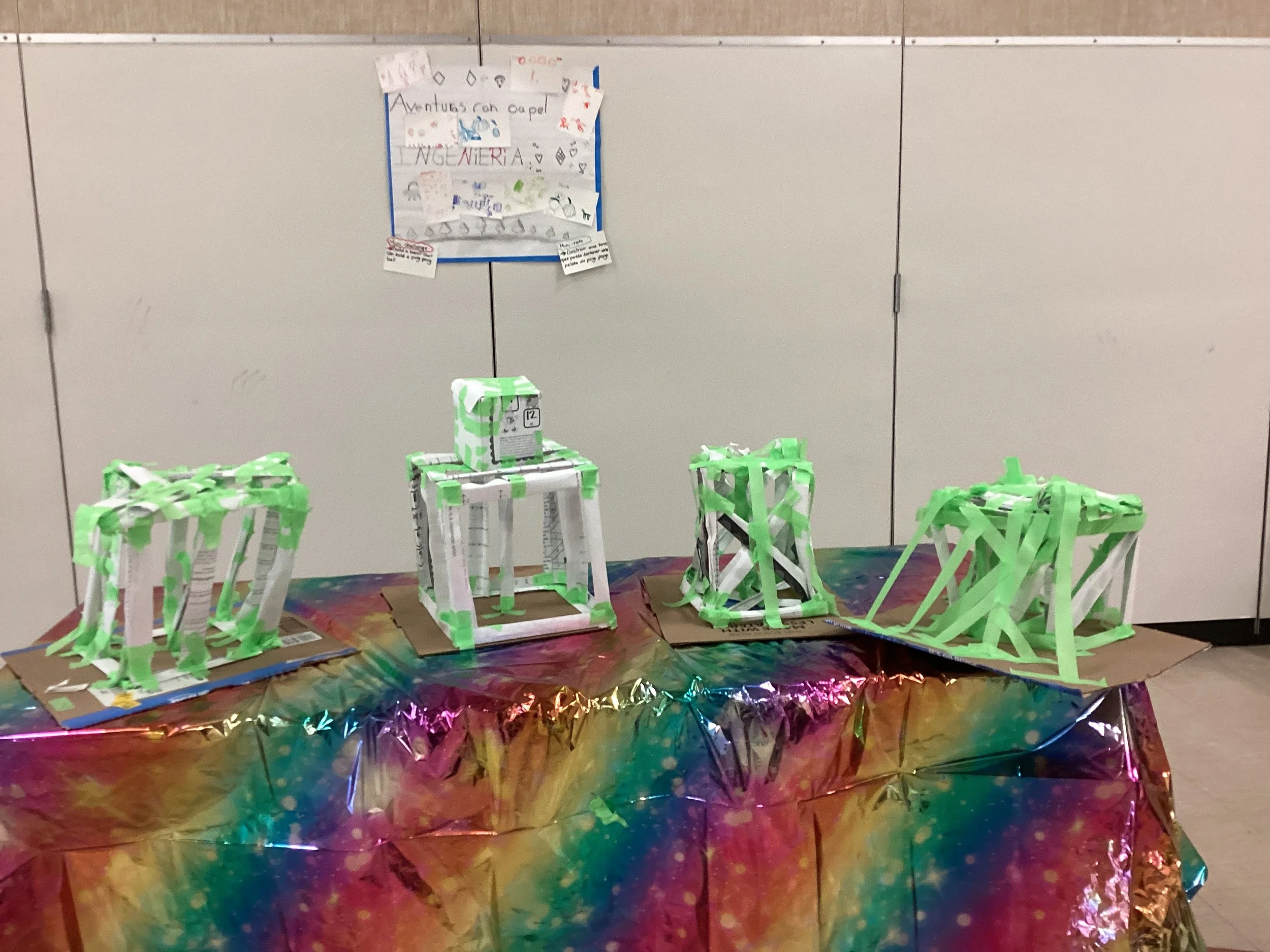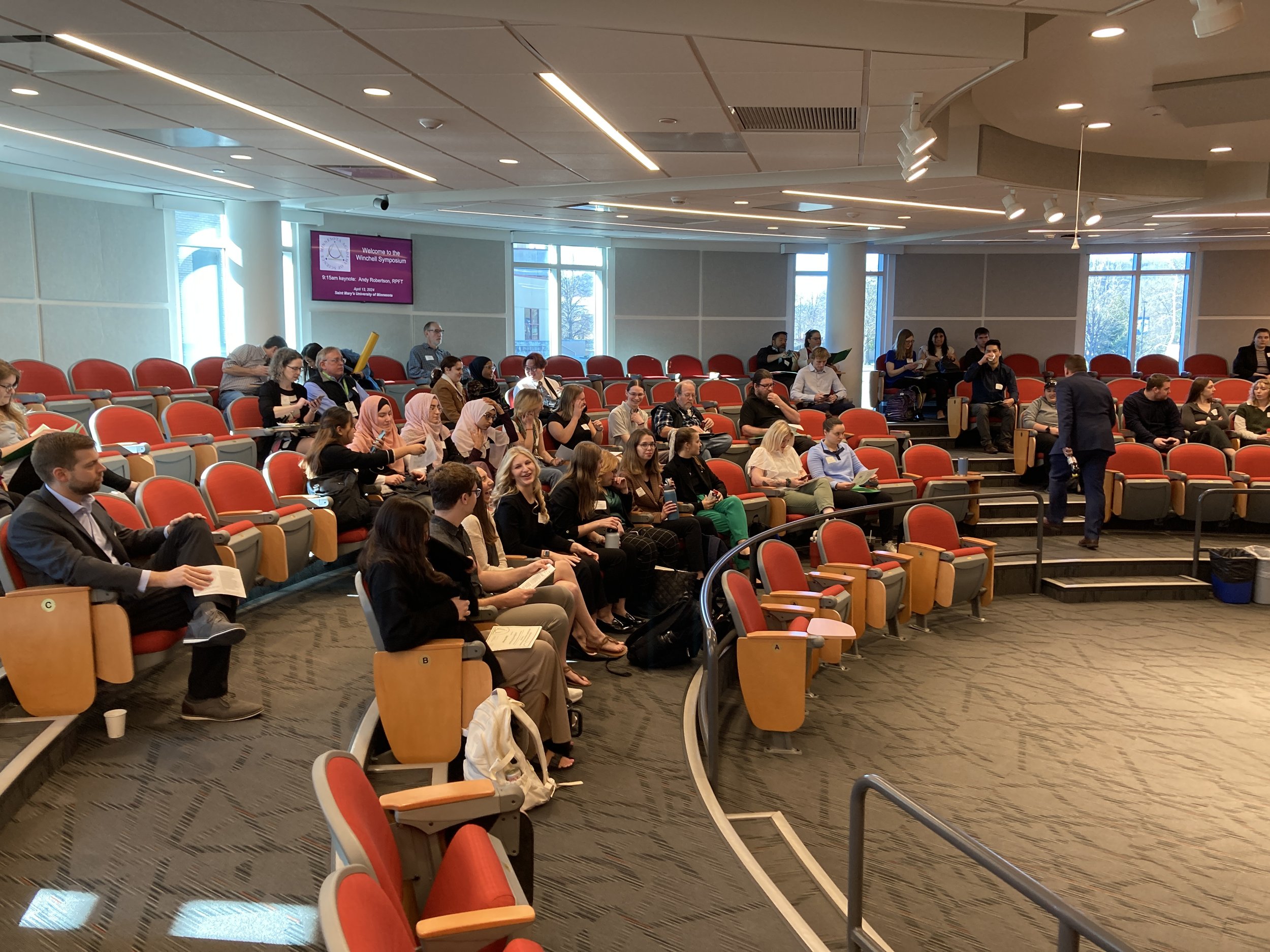St. Paul, MN [April 2, 2024] - Sixty-eight undergraduate students will present their original research on April 13 at St. Mary's University during the 44th Annual Winchell Undergraduate Research Symposium. The science, technology, engineering and mathematics (STEM) research symposium is organized by the Minnesota Academy of Science (MAS) and supported by regional colleges.
Students representing 16 regional public and private colleges and universities will present their original research in oral and poster sessions and receive feedback from Minnesota STEM professionals. Students will also attend panels focused on graduate school and STEM careers. Andy Robertson from GeoSpatial Services will deliver the keynote address, From Green Infrastructure to Traditional Ecological Knowledge: Observations on the Nationwide Grassroots Response to Climate Warming.
“The Winchell Symposium provides an important opportunity for student presenters to hone scientific communication skills that are critical in STEM fields,” said program coordinator Kristine Fowler. “The students are also always excited to be exposed to new research and developments in many different STEM disciplines.”
Institutions with participating students include: Anoka-Ramsey Community College, Bemidji State University, Bethel University, College of St. Benedict & St. John's University, Concordia College - Moorhead, Concordia University - St. Paul, Crown College, Hamline University, Luther College, Macalester College, Minneapolis College, Rochester Community and Technical College, St. Mary's University of Minnesota, St. Olaf College, University of Iowa, University of Minnesota - Twin Cities, and University of St. Thomas.
Founded in 1873, MAS is a statewide 501(c)3 nonprofit organization dedicated to providing opportunities for Minnesotans of all backgrounds to engage in STEM learning, inquiry, research, and networking. MAS sponsors STEM education programs and events for students in preschool through college.
The 2024 Winchell Symposium is hosted by St. Mary's University of Minnesota, in Winona. The event is made possible through the support of the Michael H. Baker Foundation, the American Chemical Society’s Minnesota Section, Tri Beta National Biological Honor Society, and sponsoring colleges and departments at eight Minnesota colleges and universities, including the University of Minnesota. Additional support comes from Minnesota Academy of Science sponsors, including the Alliance for Volunteer Advancement / Americorps Volunteer Generation Fund, Minnesota Department of Education, Ecolab, Saint Paul & Minnesota Foundation, Hardenbergh Foundation, and H.B. Fuller.


